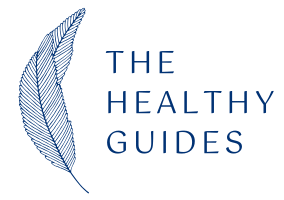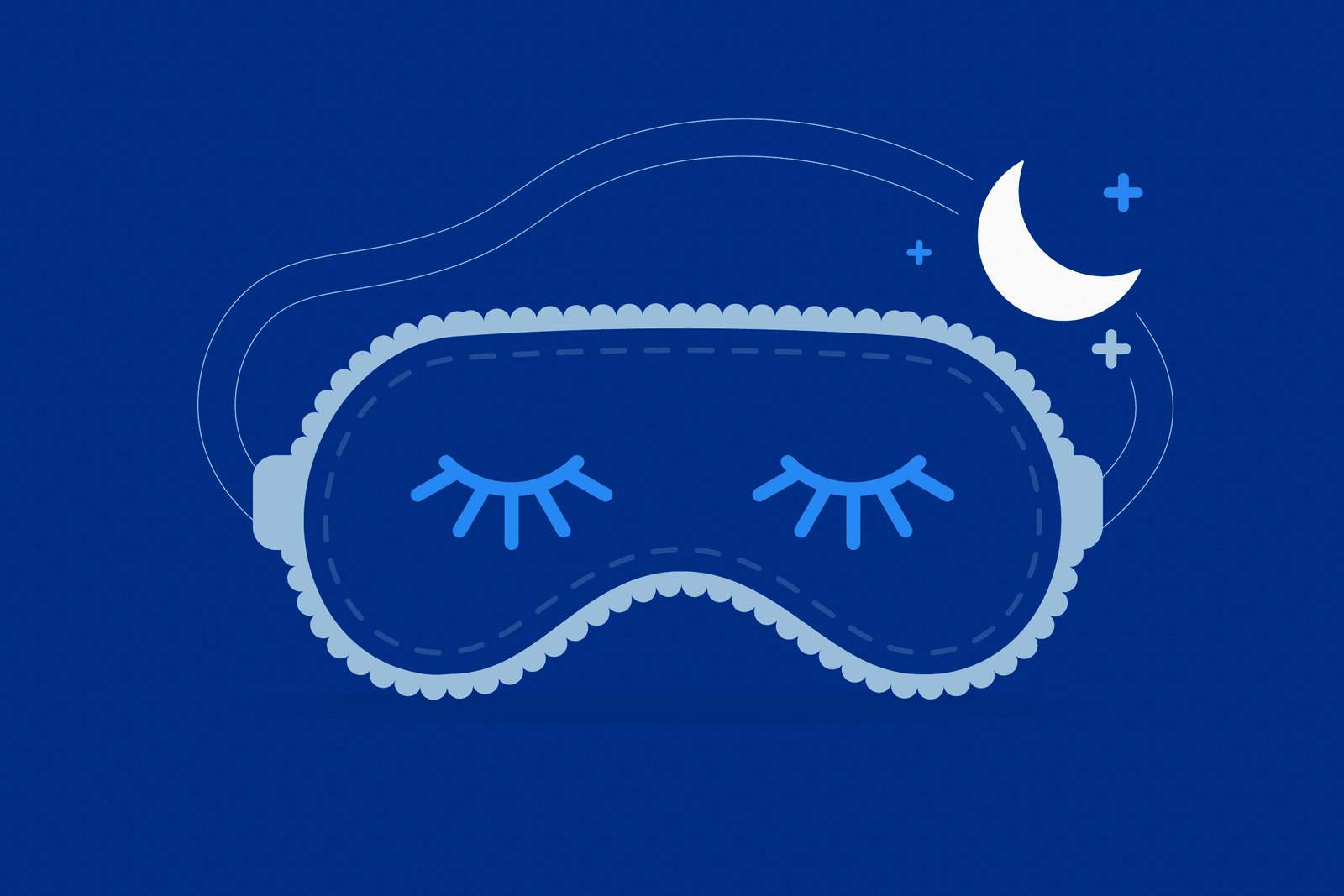Introduction: Why Sleep Matters More Than We Think
Sleep is not a luxury — it’s a necessity for survival and long-term health. Yet, millions of people worldwide struggle to get the recommended 7–9 hours of quality rest. In fact, studies show that nearly one in three adults suffers from insomnia or poor sleep quality at some point in their lives. Incorporating natural drinks for sleep into your nightly routine can make a big difference in improving rest and relaxation.
Poor sleep doesn’t just make you groggy the next day. It affects hormone regulation, appetite, immunity, memory, and even emotional stability. Women especially are more prone to sleep issues because of hormonal fluctuations during PMS, pregnancy, and menopause.
The good news? Nature provides gentle, effective remedies for better rest. One of the simplest ways to improve your sleep is by sipping natural drinks before bed. Certain teas, plant-based lattes, and herbal infusions contain calming compounds that relax the nervous system, balance hormones, and prepare your body for deep, restorative sleep.
This guide explores the best natural drinks for insomnia relief, relaxation, and deeper sleep cycles, along with lifestyle tips, FAQs, and evidence-backed insights.
What is Insomnia? (Causes and Symptoms)
Insomnia isn’t just about lying awake all night; it’s a broader sleep disorder that can include:
- Trouble falling asleep (taking longer than 30 minutes).
- Waking frequently during the night.
- Waking up too early and struggling to fall back asleep.
- Poor sleep quality (not feeling rested even after hours in bed).
Common Causes of Insomnia:
- Stress and Anxiety – racing thoughts, overthinking, or high cortisol levels at night.
- Blue Light Exposure – screens from phones, laptops, and TVs suppress melatonin.
- Diet and Stimulants – caffeine, sugar, or alcohol before bed.
- Hormonal Shifts – PMS, menopause, thyroid imbalances.
- Poor Sleep Hygiene – irregular sleep schedules, late-night snacking, or lack of wind-down routine.
Symptoms of Insomnia:
- Daytime fatigue and brain fog.
- Irritability or mood swings.
- Cravings for sugar or caffeine.
- Difficulty focusing or making decisions.
- Increased risk of anxiety and depression.
How Natural Drinks Improve Sleep
Before we dive into the recipes, let’s understand why natural drinks before bed work.
- Herbal Compounds – Teas like chamomile and valerian root contain apigenin and valerenic acid, which bind to brain receptors to reduce anxiety and induce relaxation.
- Nutrient Power – Warm milk, banana smoothies, and almond-based drinks contain magnesium, potassium, and tryptophan, which help muscles relax and boost melatonin production.
- Psychological Effect – The ritual of sipping something warm and soothing before bed signals to your brain that it’s time to wind down.
- Hormone Regulation – Certain drinks lower cortisol (stress hormone) and support melatonin (sleep hormone).
In short: a simple cup of the right bedtime drink can make the difference between tossing and turning versus slipping into peaceful, uninterrupted rest.
Best Natural Drinks Before Bed for Deep Sleep
Here are the top evidence-based drinks you can try:
1. Chamomile Tea – The Classic Sleep Tonic
Chamomile tea is perhaps the most famous natural sleep remedy — and for good reason. It contains apigenin, an antioxidant that binds to specific brain receptors, promoting relaxation and sleepiness.
- Benefits: Reduces anxiety, improves sleep onset, and relieves mild insomnia.
- How to Prepare: Steep 1–2 teaspoons of dried chamomile flowers (or a tea bag) in hot water for 5–10 minutes.
- Best Time: 30 minutes before bed.
💡 Bonus Tip: Add a drizzle of honey for extra soothing effects.
2. Valerian Root Tea – Nature’s Sedative
Valerian root has been used for centuries as a natural sedative. It works by increasing GABA (gamma-aminobutyric acid) in the brain, a neurotransmitter that reduces nervous system activity.
- Benefits: Shortens the time it takes to fall asleep, improves sleep quality.
- How to Prepare: Steep 2–3 grams of dried valerian root in hot water for 10 minutes.
- Caution: May take a few weeks of regular use for full effect.
3. Lavender Tea – The Calming Flower
Lavender isn’t just for aromatherapy; drinking lavender tea can significantly improve sleep quality. Its compounds relax muscles, reduce heart rate, and ease anxiety.
- Benefits: Reduces restlessness, supports deeper sleep cycles.
- How to Prepare: Steep 1 tablespoon of dried lavender buds in hot water for 5–7 minutes.
- Best Pairing: Combine with chamomile for a powerful sleep blend.
4. Passionflower Tea – Anxiety Relief in a Cup
Passionflower is rich in flavonoids that increase GABA activity, similar to valerian root. This makes it especially effective for people whose insomnia is linked to anxiety or overthinking.
- Benefits: Reduces anxiety, supports uninterrupted sleep.
- How to Prepare: Steep 1 teaspoon of dried passionflower in hot water for 10 minutes.
- Note: Safe for long-term use compared to some herbal sedatives.
5. Golden Milk (Turmeric Latte) – Anti-Inflammatory Comfort
Golden milk, made with turmeric and warm milk (dairy or plant-based), is not only soothing but also anti-inflammatory. Curcumin in turmeric reduces oxidative stress and supports relaxation.
- Benefits: Reduces nighttime inflammation, calms stress, supports hormone balance.
- How to Prepare: Warm a cup of milk, add ½ teaspoon turmeric, a pinch of black pepper (to enhance absorption), and honey.
- Extra Boost: Add cinnamon for blood sugar regulation.
6. Warm Almond Milk – Tryptophan and Magnesium
Almonds are a powerhouse of magnesium, which relaxes muscles and helps regulate melatonin. A warm cup of almond milk before bed can improve sleep onset.
- Benefits: Reduces restless legs, eases tension, promotes deeper rest.
- How to Prepare: Warm almond milk, add honey or a dash of nutmeg for extra calming effects.
7. Banana Smoothie with Spinach – Nutrient-Packed Sleep Aid
Bananas are rich in potassium and magnesium, both crucial for muscle relaxation. Combined with spinach, they boost magnesium intake further.
- Benefits: Relieves muscle cramps, reduces nighttime wakeups.
- Recipe: Blend 1 ripe banana, ½ cup spinach, ½ cup almond milk, and ice. Drink 1 hour before bed.
8. Decaf Green Tea with L-Theanine – Relax Without Stimulation
Regular green tea has caffeine, but decaf green tea still contains L-theanine, an amino acid that promotes relaxation and reduces stress without making you drowsy.
- Benefits: Improves sleep quality, reduces pre-bedtime anxiety.
- Best Time: 1–2 hours before bed.
Drinks to Avoid Before Bed
Not all drinks are created equal — some can sabotage your sleep:
- Coffee and Black Tea – Caffeine can linger in your system for 6–8 hours.
- Alcohol – Makes you fall asleep faster but disrupts REM cycles, leading to poor-quality sleep.
- Sugary Drinks – Spike blood sugar, causing nighttime wakeups.
- Energy Drinks – Packed with caffeine and sugar, the worst choice before bed.
Lifestyle Tips to Maximize Sleep Benefits
Drinking a soothing tea or natural latte is powerful, but it works best with other sleep hygiene practices:
- Stick to a consistent bedtime and wake-up time.
- Dim lights 1–2 hours before bed.
- Avoid screens or use blue light filters.
- Keep your bedroom cool, quiet, and dark.
- Pair your drink with relaxing rituals like meditation, journaling, or stretching.
FAQs About Natural Drinks and Sleep
1. Can herbal tea replace sleeping pills?
Not entirely. Herbal teas are gentle aids, while sleeping pills are medical interventions. For mild insomnia, natural drinks may be sufficient.
2. Which tea is best for anxiety at night?
Chamomile, lavender, and passionflower are the best choices for calming nighttime anxiety.
3. Is it safe to drink herbal tea every night?
Yes, most herbal teas are safe for daily use. However, always consult your doctor if you’re on medications or pregnant.
4. How long before bed should I drink tea?
Ideally 30–60 minutes before bedtime to allow the compounds to take effect.
5. Do natural drinks really help with chronic insomnia?
They help with mild to moderate cases. For chronic insomnia, they work best combined with lifestyle changes and medical guidance.
Conclusion: Sip Your Way to Better Sleep
Sleep is the cornerstone of health, and natural bedtime drinks offer a simple yet powerful solution. From chamomile and lavender tea to golden milk and banana smoothies, each option provides unique nutrients and calming compounds that prepare your body for rest.
Instead of reaching for a pill bottle or struggling through sleepless nights, try incorporating these drinks into your bedtime routine. Paired with healthy sleep habits, they can transform your nights — and your days.
🧐 High-Search FAQs to Include
- What is insomnia and how is it different from occasional sleeplessness?
Suggested answer: Define insomnia (difficulty falling asleep, staying asleep, or waking too early), vs temporary issues (stress, travel). Mention frequency/duration criteria (e.g. 3 nights/week over 3 months), and when to seek help. - Does drinking herbal tea really help with insomnia?
Suggested answer: Explain how certain herbs (chamomile, valerian, passionflower, lavender) have compounds that promote relaxation. Also note variations in efficacy, possible side effects, and how herbal remedies are complementary rather than replacements for medical treatment. - How long before bed should I drink a natural sleep drink?
Suggested answer: Usually 30–60 minutes before bedtime is best. This gives time for the calming compounds to take effect without causing night-time bathroom breaks or interfering with digestion. - Are decaffeinated teas or drinks safe and effective for sleep?
Suggested answer: Yes — decaffeinated teas reduce the risk of caffeine interference. But decaffeination doesn’t always remove all caffeine; always check labels. Also some herbal infusions have no caffeine at all and may be the best option. - What ingredients should I avoid in bedtime drinks?
Suggested answer: Caffeine (coffee, many teas), sugar, alcohol (even though it initially sedates, it can disrupt sleep cycles), heavy or spicy foods late at night, and too much volume in drink (might cause bathroom trips). - Can natural drinks help people with chronic sleep problems or only mild sleep issues?
Suggested answer: Natural drinks are more effective for mild/moderate sleep disturbances. For chronic insomnia, they help as part of a broader strategy (sleep hygiene, regular routine, reducing stress). Sometimes medical intervention might be needed. - Are there side effects or risks related to using herbal sleep drinks every night?
Suggested answer: Generally low risk, but possible allergies, interactions with medications, variation in quality/purity. Some herbs like valerian or chamomile may interact with other drugs or medical conditions. Pregnant/lactating women should consult healthcare provider.
High protein breakfasts aren’t just good for your body—they also stabilize mood and energy, reducing anxiety crashes later in the day. Learn more in our Mental Health section.
Did you know that what you eat in the morning can affect sleep quality at night? A balanced breakfast supports stable circadian rhythms—discover more in our Sleep Health articles.
For more tips and support, visit our Facebook page.







